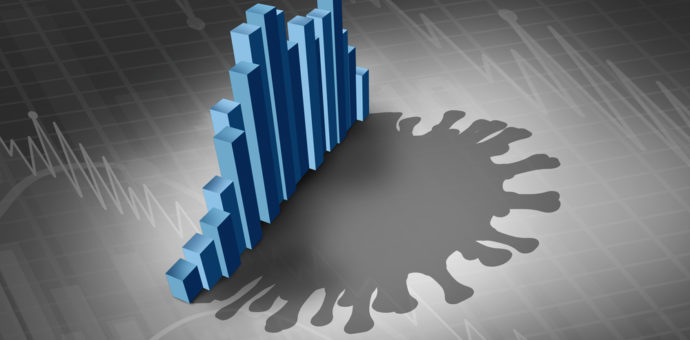The stimulus given by central banks in several countries to try to contain the effects of the crisis caused by the coronavirus pandemic are causing the behavior of the financial market to become detached from what happens in the real economy.
The evaluation was made by Rogério Xavier, founding partner of SPX, to Infomoney. For him, at some point, it will be clear that only a part of the companies will benefit from this rescue package. “Several sectors of the economy will fall by the wayside”, he said. When that happens, “the financial market will converge on the real sector and it will realize”, he said.
In fact, stock markets have behaved detachedly from the real economy. In Brazil, the Ibovespa returned to pre-quarantine levels, even with all expectations of a fall in demand resulting from the reduction of income, and closed business. And this is happening in a country whose requests for emergency aid by the population has already reached R$ 56 million.
In the United States, the number of unemployment insurance claims has reached 33 million in seven weeks. And the S&P 500, the index that measures the 500 most traded stocks, returned to March levels, with about 3,100 points.
Financial market far from the real economy in Transfero’s thesis
The gap between the real and financial markets is contemplated in Transfero Swiss’ investment thesis, which predicts that cryptoassets will be the best performing in the current biennium. This detachment is closely linked to the performance of central banks in the economy. For example, Bank of Japan is among the top ten shareholders of 47% of Tokyo stock exchange companies, now the third largest in the world.
The bitcoin, on the other hand, is free of government interference and has its emission limited to 21 million units, which makes it a scarce asset such as precious metals such as gold and silver. Historically, these are protective assets in times of systemic crisis, such as the ones we are going through now.







